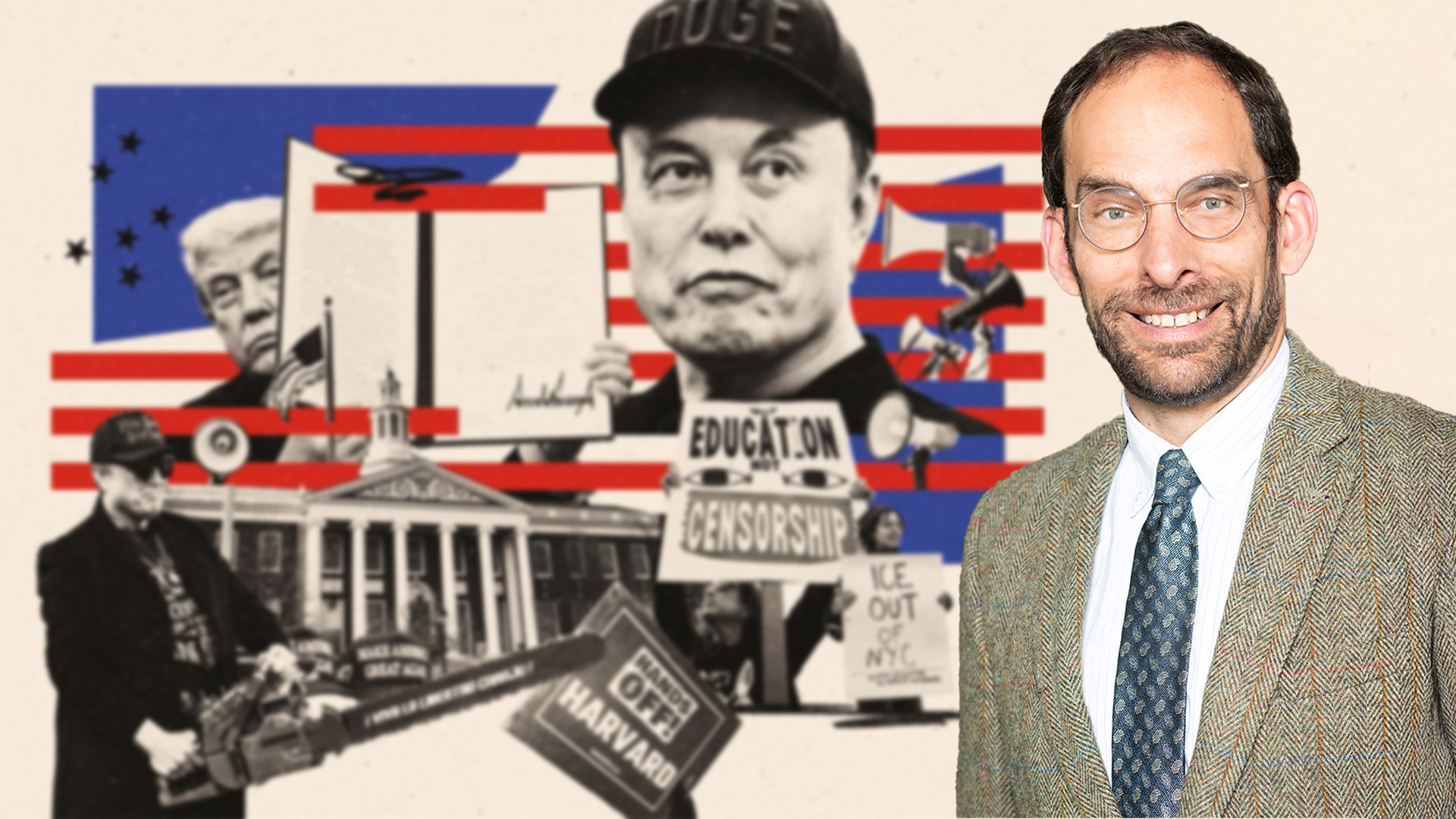Ian McFarland was the Regius Professor of Divinity at the University of Cambridge and a fellow at Selwyn. Today, he is the Robert W. Woodruff Professor of Theology at Emory University’s Candler School of Theology.

Life within American institutions of higher education is marked by tension, uncertainty and a feeling that the very integrity of these institutions is under threat.
Research universities and liberal arts colleges are the institutions most vulnerable to the proposed changes in federal policy by the Trump administration. It is useful to distinguish between these two institutional contexts: research universities are those that offer both undergraduate and postgraduate degree programmes, while liberal arts colleges are typically focused solely on undergraduate education, awarding baccalaureate-level degrees.
In the case of research universities, the vulnerabilities result from a number of historical and structural factors. One key reason is the post-war era decision, made at the federal level, to channel large amounts of government funded research through universities. As a result, institutions like Emory University, where I teach, have become deeply reliant on federal research grants to support their work. Although these research grants are largely concentrated in science, technology, engineering and mathematics (STEM) fields, as well as medicine, the size of the funding involved means that their impact extends far beyond those departments. The current administration has proposed cuts to the amount of indirect costs that universities are permitted to reclaim. These costs, which help cover essential infrastructure and administrative support for research, are vital to the functioning of research institutions. If these reductions are upheld — although they are currently being contested in the courts — the consequences would be devastating. Universities would likely be forced to make significant reductions in staffing, which would in turn diminish their research output. In addition, there have been threats to make future research funding contingent on policy changes within universities. The suggested policy changes include eliminating diversity, equity and inclusion (DEI) initiatives in hiring, restrictions on the participation of transgender athletes and even limitations on what areas of academic study are permitted.
Similarly, for liberal arts colleges, there is the alarming suggestion that access to student support programmes could in future be linked to compliance with government-mandated policy changes. Liberal arts colleges depend heavily on federally subsidised student loans and the federal Pell Grant programme — the latter designed to support students with exceptional financial need — in order for students to enrol and complete their degrees. This reliance is especially pronounced among the vast majority of liberal arts institutions that lack substantial endowments: they are therefore deeply dependent on tuition income.
Protesters participate in a march and rally from City College to Columbia University on April 25, 2025 in New York City.
One of the justifications offered by the federal government for the interventions on DEI has been the claim that antisemitism is widespread and unchecked on American college campuses. While there is undoubtedly antisemitism in the sector, other forms of discrimination and hate, including racism, sexism, anti-Muslim bigotry and homophobia also affect student wellbeing, yet these have received no comparable concern or action from the administration.
To date, the most significant collective response to this unprecedented level of federal interference in higher education has come in the form of a document titled A Call for Constructive Engagement. Issued by the American Association of Colleges and Universities, it has been signed by the presidents of 650 institutions, including major universities such as Harvard, MIT, Notre Dame and Yale. The statement affirms a willingness to engage with meaningful reform but also sets a clear boundary: “we must oppose undue government intrusion in the lives of those who learn, live, and work on our campuses.”
While at one level the response to the document has been heartening, a closer look at the list of signatories reveals something worrying. Virtually none from research universities located in “red” states (especially in the South) have added their names, suggesting that institutions in areas under Republican control feel particularly vulnerable, and are especially wary of drawing attention to themselves, even to the extent of signing what is a fairly anodyne statement of concern.

